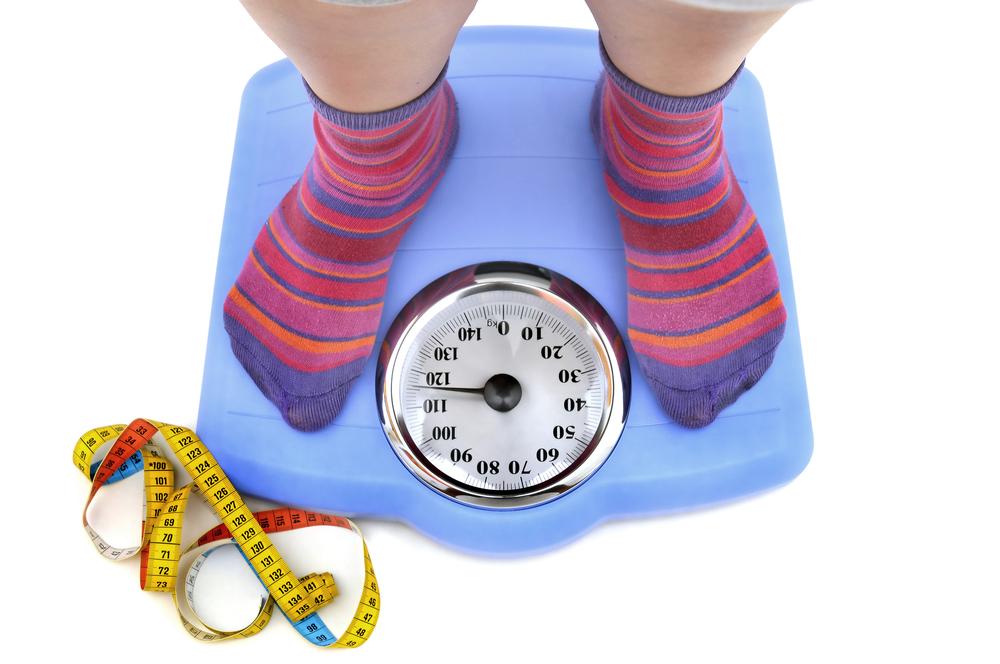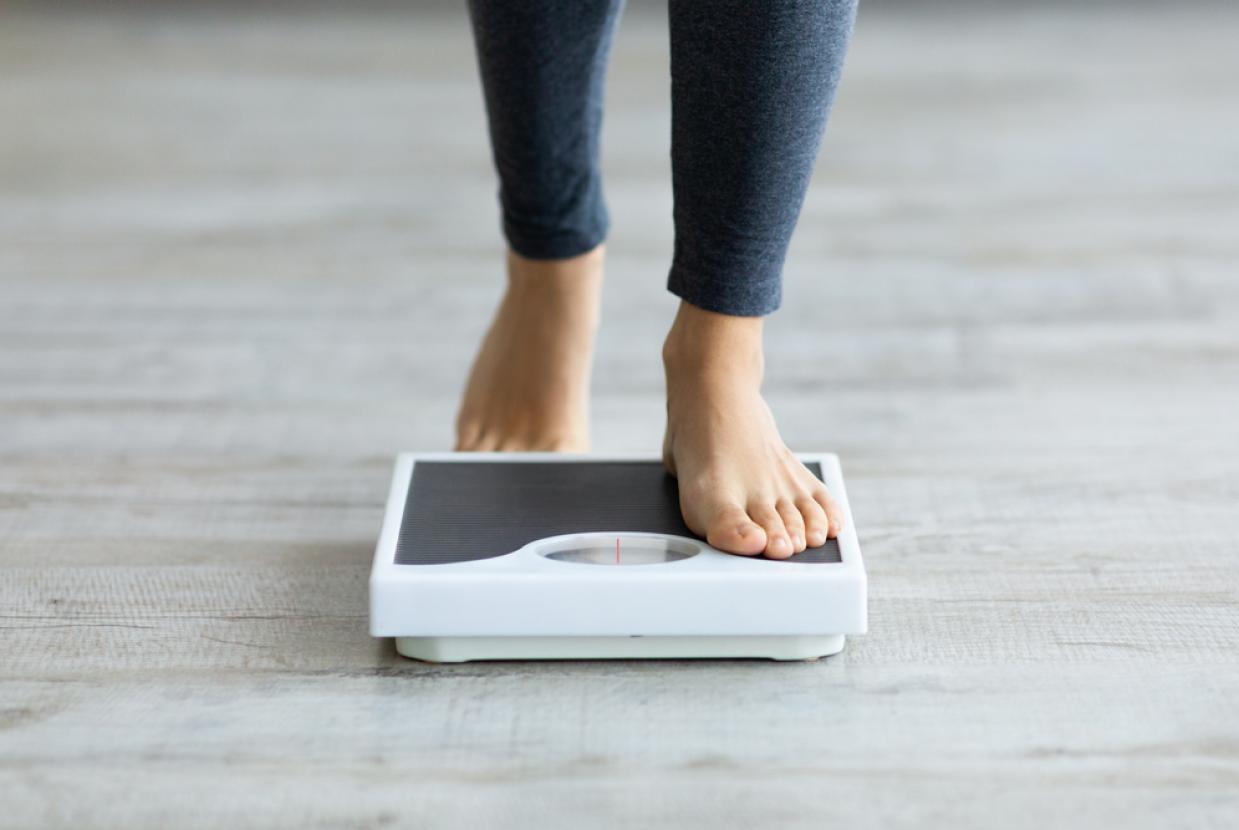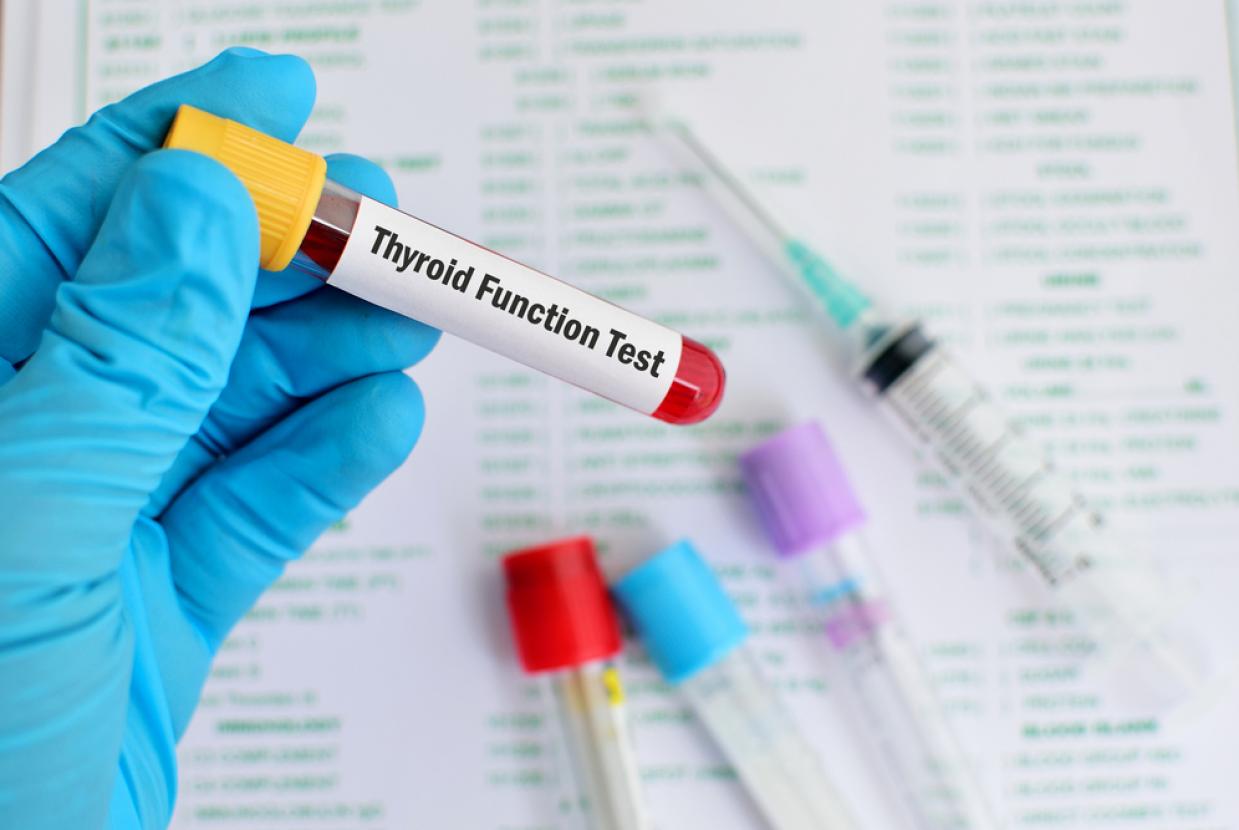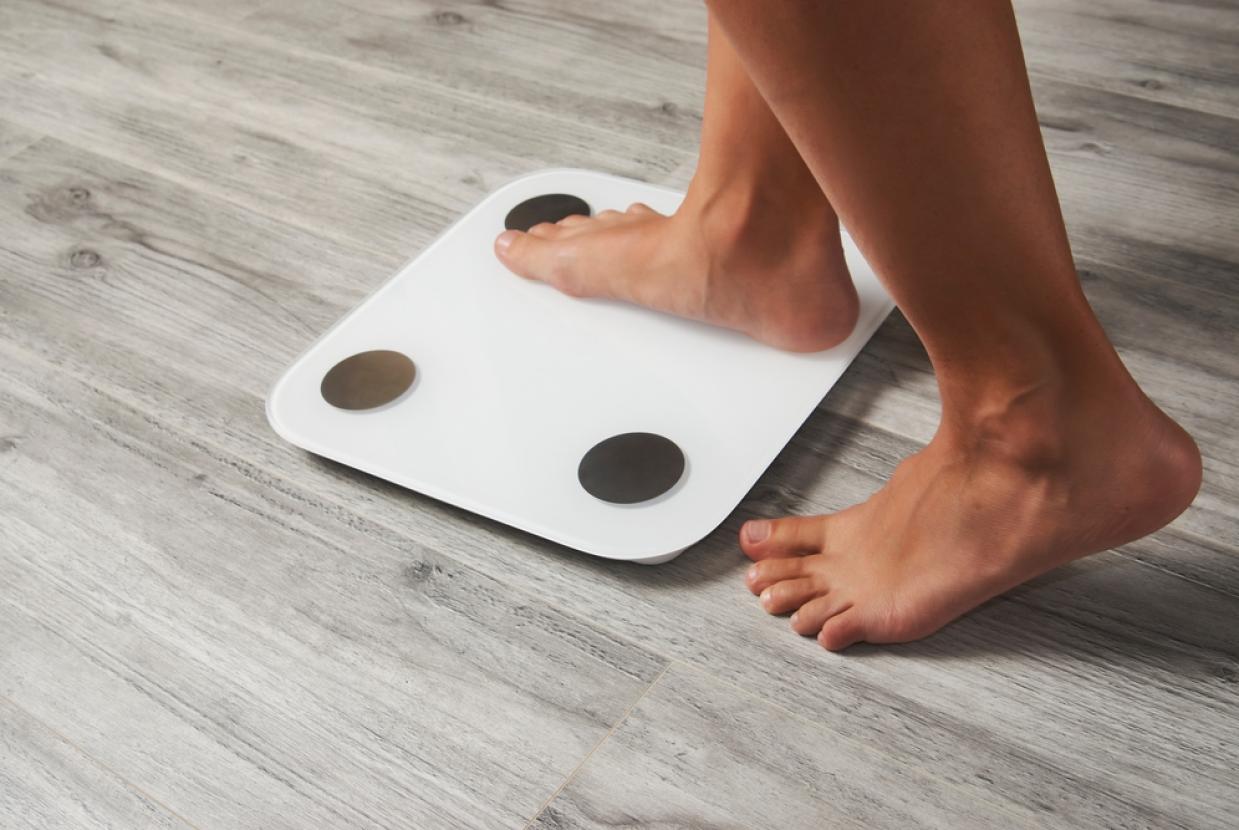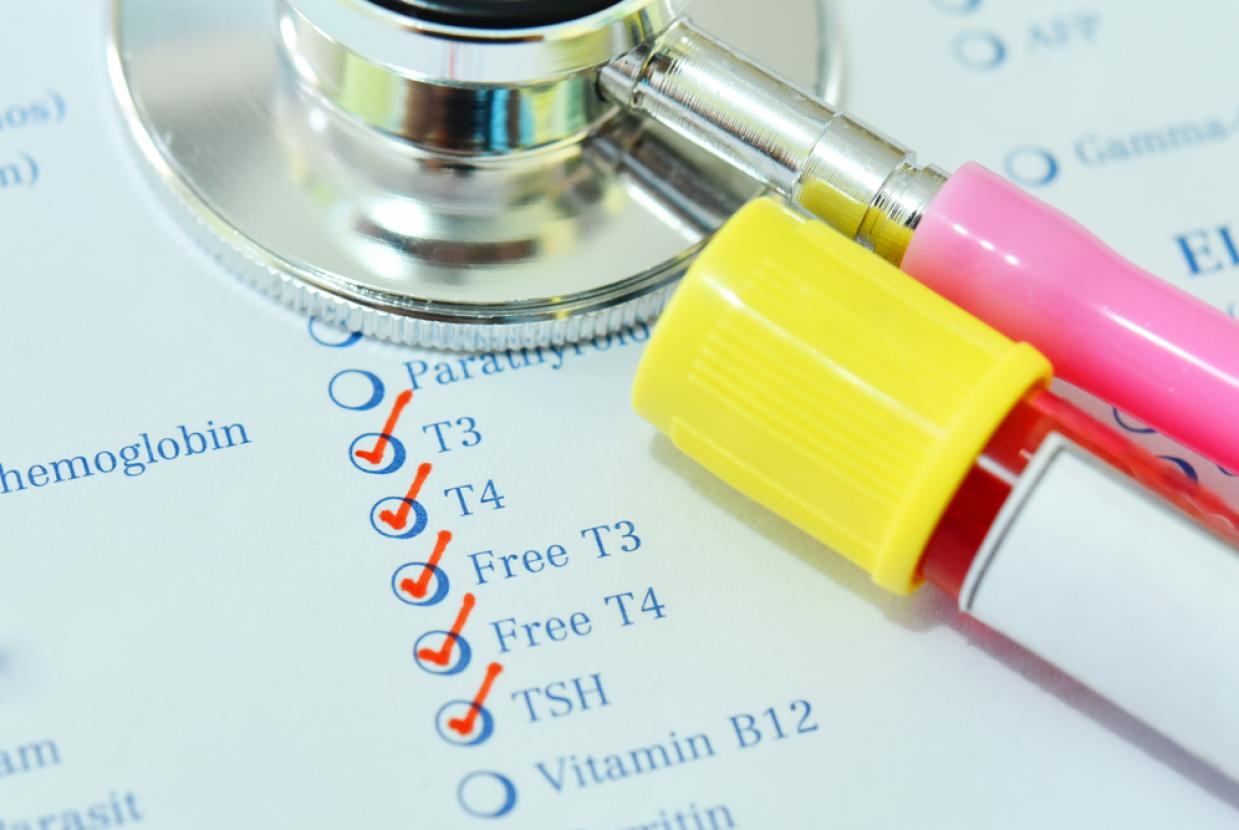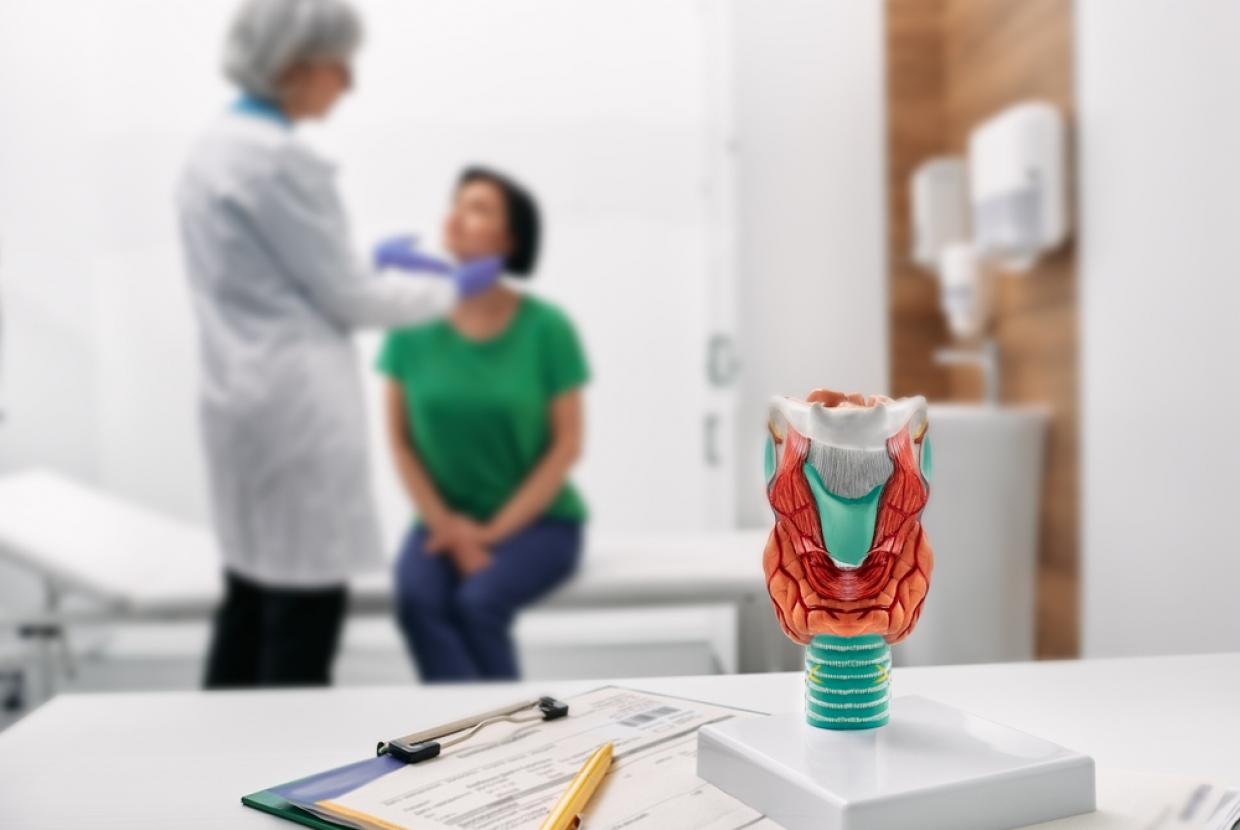Underactive Thyroid (hypothyroidism)
An underactive thyroid (hypothyroidism) is a common condition where the thyroid gland in your neck does not make enough hormones. This can cause symptoms like tiredness and weight gain. It can be managed with treatment.
How an underactive thyroid is diagnosed
If a GP thinks you might have an underactive thyroid, they'll ask about your symptoms. They'll also ask if someone else in your family has had a thyroid condition or an autoimmune condition, or if you've recently been pregnant. The GP may examine your neck to find out if your thyroid gland is swollen.
You may have blood tests to check how much thyroid-stimulating hormone (TSH) and thyroxine (T4) is in your blood. The GP may also refer you to a specialist for more tests.
Causes of an underactive thyroid
In the UK, the main cause of an underactive thyroid is an autoimmune condition called Hashimoto's disease. If you have Hashimoto's disease, your immune system attacks your thyroid gland meaning it cannot make enough thyroid hormone.
Hashimoto's disease is most common in women, and usually starts between the ages of 30 and 50. But anyone can get an underactive thyroid. An underactive thyroid can also be caused by:
- having another thyroid condition, such as thyroiditis
- surgery or radiotherapy around your neck or thyroid
- treatment for an overactive thyroid
- not getting enough iodine in your diet – this is rare in the UK
- treatment with certain medicines
You're also more likely to have an underactive thyroid if others in your family have had a thyroid condition.
Risks of an underactive thyroid
An underactive thyroid is not usually serious if you're having the right treatment. If your underactive thyroid is not treated, or you're on the wrong dose of medicine, you may have an increased risk of getting:
- problems with your heart (including coronary heart disease and heart failure)
- problems with your bones (including osteoporosis)
In very rare cases, a severe underactive thyroid may lead to a life-threatening condition called myxoedema coma. It's more common in older people. This is an emergency and requires treatment in hospital.
An underactive thyroid and pregnancy
If you have an underactive thyroid and are pregnant or planning to get pregnant, tell your GP. You'll need further tests and it's likely your dose of levothyroxine will need to change while you're pregnant.
If it's not treated, an underactive thyroid can increase your chance or having serious complications in pregnancy, including high blood pressure (pre-eclampsia), birth defects, premature birth or miscarriage. Treatment usually helps prevent these complications, and the GP will talk to you about any risks.
Help and support for an underactive thyroid
As well as support from your doctor, you may find it helpful to get support from other people with an underactive thyroid. There are national charities that offer support and information for people with thyroid conditions including underactive thyroid.


















